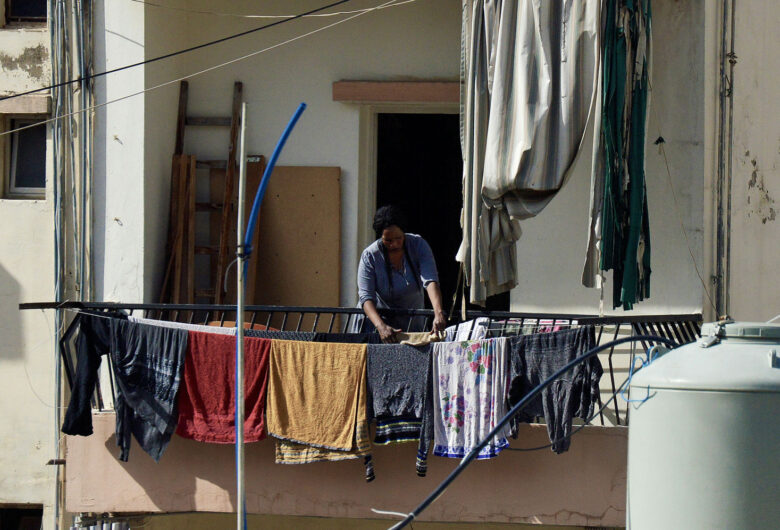As supply chains in both manufacturing and service sectors have grown in length and complexity, traditional means for protecting workers’ rights have struggled to keep up. FLEX’s new report explores worker-driven social responsibility (WSR) – a model offering new ways of tackling labour abuse in supply chains – and how it could be adapted to contexts like the UK. Worker-Driven Social Responsibility: Exploring a New Model for Tackling Labour Abuse in Supply Chains, funded by the Freedom Fund, is based on desk-based research and in-depth interviews with organisations involved in implementing WSR programmes in the United States and Bangladesh, and trade unions, labour market enforcement bodies and business stakeholders in the UK.
A new model for tackling labour abuse and exploitation is needed because of the profound changes to how work is organised that have occurred in recent decades. In both manufacturing and services, work has become increasingly fractured, with companies shifting activities onto other businesses at home and abroad through the use of offshoring, outsourcing and subcontracting. In some sectors, power has consolidated at the top of these supply chains, allowing companies to leverage their purchasing power to benefit from lower prices. As suppliers and contractors compete for work on price, workers are squeezed, leading to lower wages, the intensification of work and the use of increasingly casual and precarious forms of employment.
WSR is an exciting new model that seeks to address exactly this power dynamic within supply chains. It has demonstrably improved working conditions in a range of challenging contexts, including tomato fields in Florida, dairy farms in New Jersey, and garment factories in Bangladesh and Lesotho. It acts as an antidote to ‘corporate social responsibility’ models that seek to improve workers’ conditions from the top-down, by instead taking the lead from workers and their representative organisations in setting the terms and conditions of employment.
This may sound a lot like collective bargaining – the negotiation of wages and other conditions of employment by an organised group of workers – but what makes WSR different is that it targets companies at the top of supply chains, not direct employers. Instead of negotiating solely with suppliers or contractors who are only able to pay workers within the margins of what they are themselves paid, workers and their representatives negotiate directly with the party with the most power in the supply chain, i.e. buyers or client companies.
Many UK trade unions are already successfully targeting lead companies in recognition of the power they have over wages and conditions of workers in their supply chains, but WSR provides a concrete model with a number of key mechanisms for doing so. These include:
1) Workplace standards developed by experts, usually workers themselves;
2) A legally binding contract between workers’ organisations and lead companies that obliges lead companies to a) support suppliers to comply with the agreed standards and b) stop sourcing from non-compliant suppliers;
3) Peer to peer education for workers on their rights under the WSR programme;
4) A complaints mechanism for workers to report labour rights violations without fear of retaliation; and
5) An independent monitoring body to carry out regular audits of suppliers and respond to workers’ complaints.
WSR was created in and has mainly been applied to contexts that are highly hostile towards trade unions and other workers’ organisations, and where state labour market enforcement has been significantly failing certain groups of workers, most notably women and migrants. While the UK has implemented a number of policies that have made it harder for workers to organise and bargain collectively, and though state labour market enforcement is under-resourced and works better for some groups of workers than others, the UK nonetheless remains a different context to those in which WSR developed.
In the light of this, FLEX’s new report explores what the contribution of WSR might be in a society and economy like the UK where trade unions and state labour market enforcement have important roles to play, but where neither appear to have kept pace with shifts in corporate practices. It finds that WSR is a useful and important tool in contexts or sectors that are hostile to unionisation and that it could function as a pathway to long-term, sustainable worker organising, as long as it is deployed carefully. The report also finds several useful lessons for labour market enforcement from the model. Overall, WSR shows us important tactics and methods for ensuring our workplaces, both at home and abroad, are healthy and focused on protecting rights and conditions for all.
Read the full report here.
View a recording of a webinar on WSR co-hosted by FLEX and the WSR Network here.
Meri Ahlberg is Research Manager at Focus on Labour Exploitation (FLEX).



